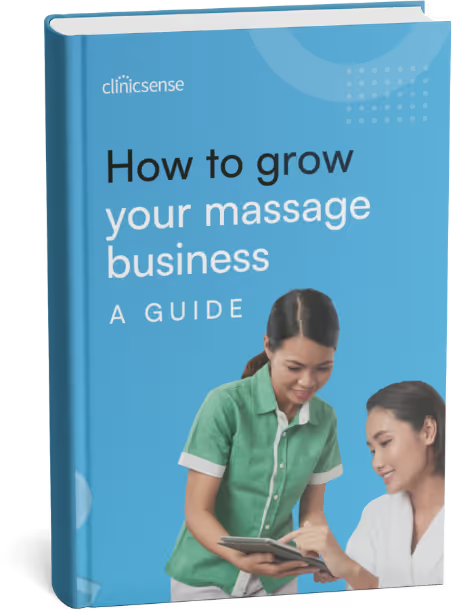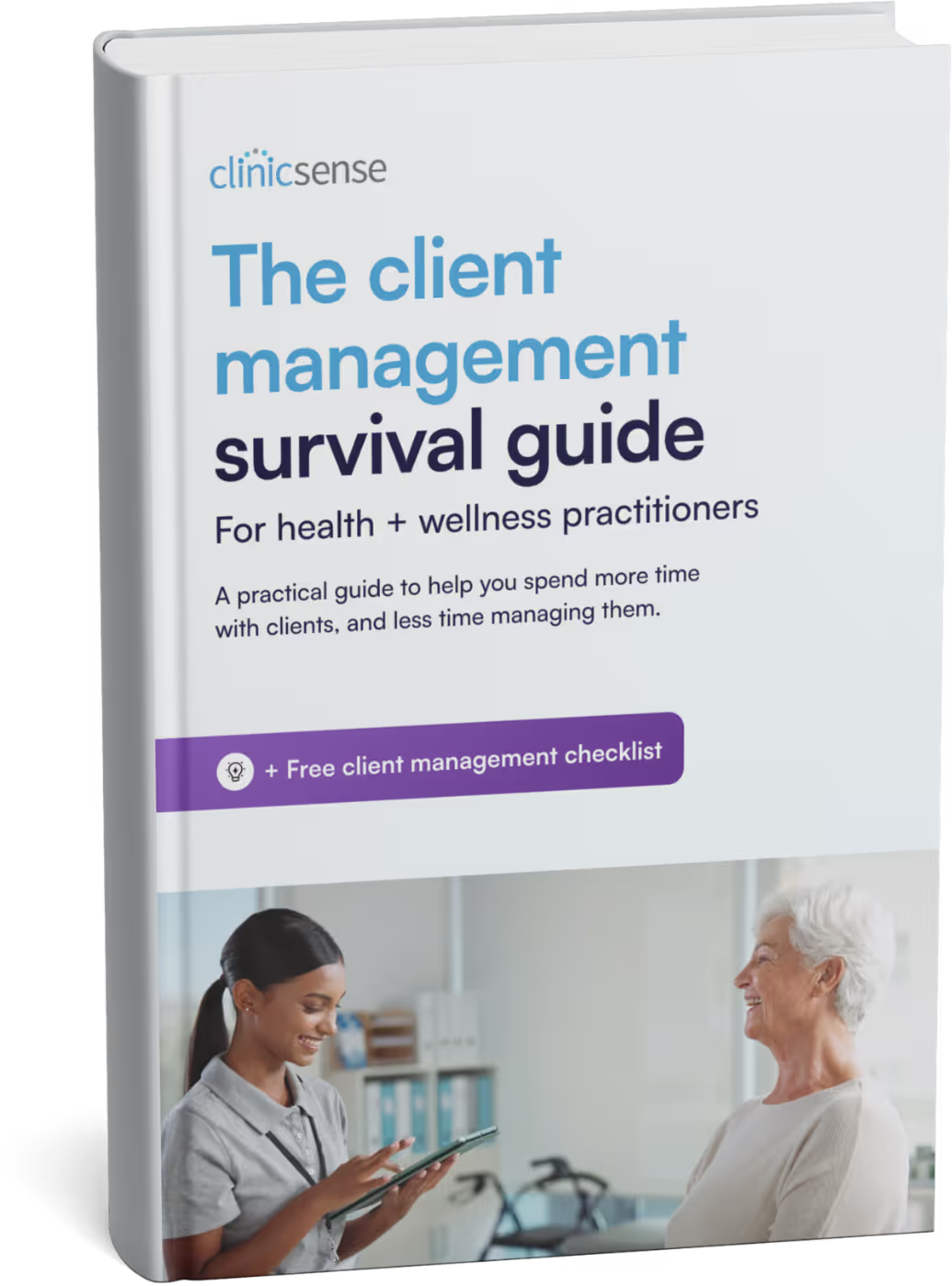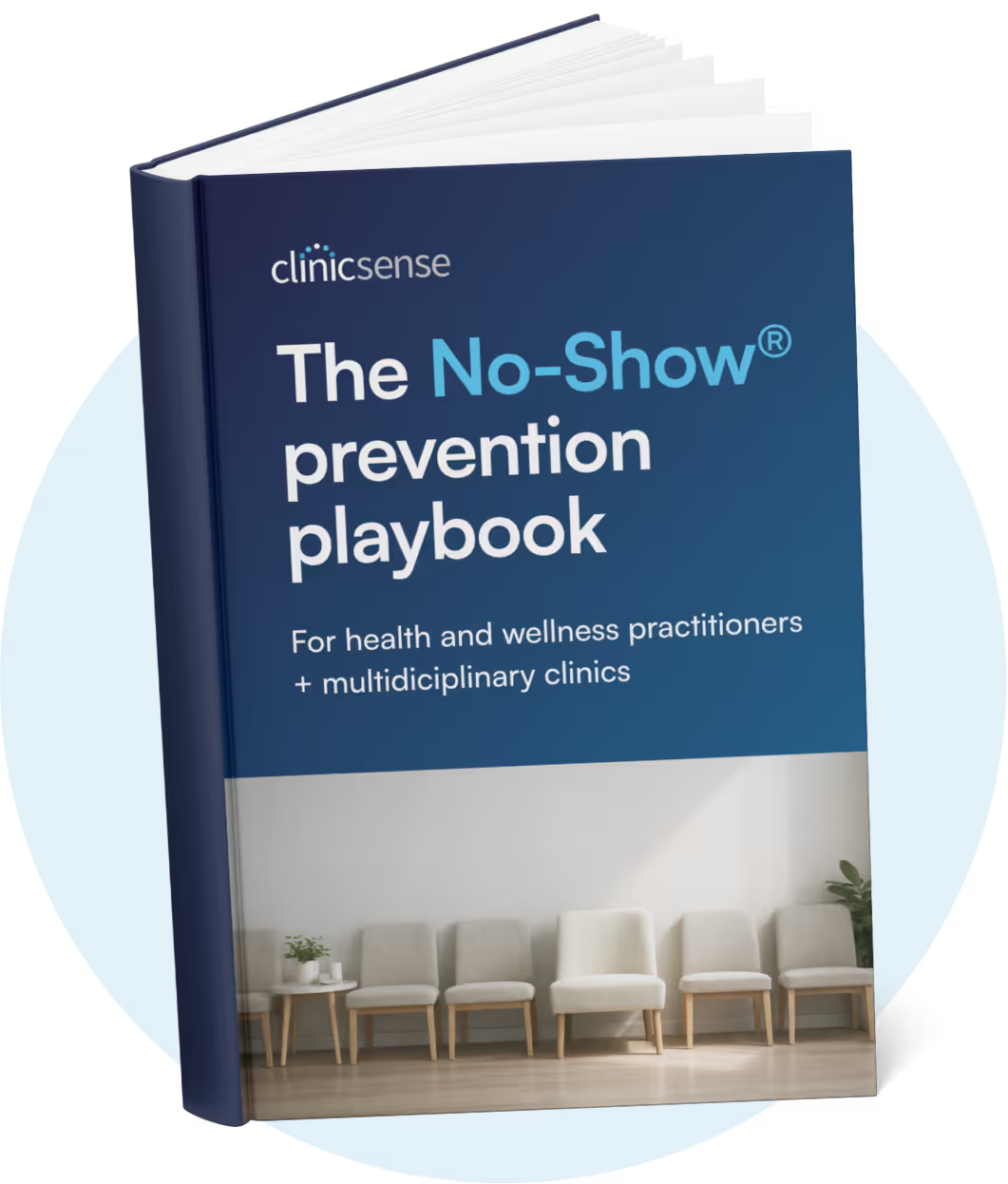Holistic Medicine Business Tips
February 20, 2025

Curious about a career in holistic healthcare? You’ve probably heard the term but might be wondering—what is holistic medicine really all about. This guide breaks down the essentials, from core principles to different types of treatments and practitioners. Discover how this whole-person approach can make a meaningful impact and see if it’s the right path for your future.
Holistic medicine is a healthcare approach that treats the whole person—mind, body, and spirit—rather than just symptoms. It emphasizes overall well-being, using a blend of conventional and alternative treatments. Holistic health practitioners often tailor care to address physical, emotional, and lifestyle factors for optimal health.

The study of holistic medicine examines how physical, mental, emotional, and spiritual factors impact health. It covers various healing systems like naturopathy and traditional Chinese medicine, teaching practitioners to promote wellness by addressing root causes and restoring balance.
The core of holistic medicine is treating the whole person, which means addressing physical, mental, emotional, and sometimes spiritual well-being. This approach recognizes that various aspects of health are interconnected. For example, stress might worsen physical symptoms like headaches or digestive issues.
Holistic practitioners assess lifestyle factors, such as sleep, diet, and emotional stress, to understand the root causes of health concerns. Treatment plans might include a combination of therapies like counseling, nutrition changes, and relaxation techniques to restore balance.
By focusing on the whole person, holistic medicine aims to promote long-term health rather than just managing symptoms, helping clients lead healthier, more fulfilled lives.
Holistic medicine emphasizes identifying and treating the root cause of health issues rather than simply alleviating symptoms. For example, chronic back pain might not just be a physical problem but could stem from factors like poor posture, emotional stress, or lifestyle habits.
Practitioners conduct a thorough assessment, asking about a person's medical history, daily routines, and emotional well-being. They then develop a treatment plan that may involve multiple approaches—such as physical therapy, stress management, and dietary changes—to address underlying imbalances.
By targeting the root cause, this approach promotes lasting health improvements, reducing the risk of recurring issues and improving overall quality of life.
Holistic medicine focuses on transforming lifestyle habits to support long-term well-being. Poor sleep, lack of exercise, or unhealthy eating can contribute to chronic health issues. Practitioners help clients identify and modify these habits to promote balance and vitality.
This may involve creating personalized strategies, like improving sleep hygiene, incorporating movement, or adopting a nutrient-rich diet. Stress-reducing practices such as mindfulness or meditation may also be recommended.
By fostering healthier routines, holistic medicine empowers individuals to take control of their health, leading to sustainable improvements and prevention of future illnesses.
Holistic medicine aims to restore balance within the body and mind, recognizing that imbalances can lead to illness. Factors like stress, poor diet, and emotional strain can disrupt the natural equilibrium needed for optimal health.
Practitioners may use therapies like acupuncture, yoga, or herbal remedies to promote balance. These approaches help regulate bodily systems, such as the nervous and immune systems, while also supporting mental and emotional stability.
By restoring harmony in all aspects of health, holistic medicine enhances the body's natural ability to heal itself, promoting greater resilience and overall well-being.
Holistic medicine emphasizes preventing disease by maintaining overall health and balance. Rather than waiting for illness to appear, practitioners focus on strengthening the body’s natural defenses and addressing risk factors early on.
This might include promoting regular physical activity, a balanced diet, and stress management practices like meditation or breathing exercises. Preventative measures may also involve routine check-ins to monitor and adjust lifestyle factors as needed.
By focusing on prevention, holistic medicine helps reduce the likelihood of chronic conditions and fosters a healthier, more sustainable lifestyle.
Holistic medicine treats the whole person by integrating both conventional and alternative therapies, while natural medicine focuses on treatments derived from natural sources, like herbs and nutrition. Holistic medicine may include natural remedies but also incorporates other approaches, such as mind-body therapies, to support overall well-being.

Types of holistic healthcare practitioners include naturopathic doctors, acupuncturists, massage therapists, Ayurvedic doctors, and chiropractors. These health and wellness careers focus on treating the whole person through a combination of physical, emotional, and lifestyle approaches, promoting overall well-being and addressing the root causes of health concerns.
See the full list of Recognized Holistic Healthcare Professions provided by CAMAH.
An integrative physician combines conventional medicine with holistic approaches to health. They may use treatments like nutrition counseling, stress management, and complementary therapies alongside medical procedures. Their approach is holistic because they address the whole person—focusing on physical, mental, and lifestyle factors to promote long-term well-being and disease prevention.
A naturopathic doctor (ND) emphasizes natural remedies and preventative care to support the body’s self-healing abilities. They use holistic approaches such as herbal medicine, nutrition, and lifestyle counseling. NDs focus on treating the root cause of illness, considering physical, emotional, and environmental factors to promote overall health and balance.
An osteopath (DO) focuses on the body's musculoskeletal system and its role in overall health. They use hands-on techniques, such as osteopathic manipulation, alongside conventional medicine. Their approach is holistic because they consider how the body’s structure, movement, and other lifestyle factors impact physical and emotional well-being.
Explore osteopathic medicine career paths.
A chiropractor emphasizes spinal health and its impact on the nervous system and overall wellness. Through spinal adjustments and manual therapies, they aim to relieve pain, restore mobility, and enhance the body’s ability to heal naturally. Chiropractors often consider posture, physical activity, and other lifestyle factors to support lasting health.
Get tips for starting a chiropractic practice.
An Ayurvedic doctor practices Ayurveda, a traditional Indian system of medicine that seeks to balance the body's energies (doshas) for optimal health. Treatments may include herbal remedies, dietary adjustments, meditation, and body therapies. They focus on harmonizing physical, mental, and spiritual well-being to prevent disease and promote long-term balance.
A Traditional Chinese Medicine (TCM) practitioner uses ancient techniques like acupuncture, herbal medicine, and qi gong to restore balance and promote health. They view illness as an imbalance of vital energy (qi) and work to harmonize the body's systems. TCM emphasizes holistic well-being by addressing both physical and emotional factors.
A massage therapist uses manual techniques to relieve muscle tension, improve circulation, and promote relaxation. They often address physical pain, stress, and overall wellness through personalized sessions. Massage therapy is holistic because it supports both physical and mental well-being, helping clients achieve balance and reduce stress-related health issues
Explore massage therapy career options.
An acupuncturist stimulates specific points on the body using fine needles to balance the flow of energy (qi) and support the body’s natural healing process. This practice, rooted in Traditional Chinese Medicine, helps alleviate pain, reduce stress, and improve overall health by addressing both physical and emotional imbalances.
Get tips to enhance the efficiency of your acupuncture practice.
Examples of holistic medicine include acupuncture, yoga, meditation, herbal remedies, chiropractic care, and naturopathy. These approaches aim to support overall well-being by addressing physical, mental, and emotional health. Traditional Chinese medicine and mind-body practices are also commonly used to promote balance and prevent illness in holistic healthcare.
Chiropractic care focuses on aligning the spine to support overall health. Through spinal adjustments, chiropractors aim to relieve pain, improve mobility, and enhance nervous system function. This treatment is holistic as it considers how spinal health affects the entire body, promoting both physical and mental well-being.
Acupuncture involves inserting thin needles into specific points on the body to restore the balance of energy, or qi. This treatment, commonly used by Traditional Chinese Medicine practitioners, can relieve pain, reduce stress, and improve overall health. It takes a holistic approach by addressing both physical and emotional imbalances.
Massage therapy uses hands-on techniques to alleviate muscle tension, improve circulation, and promote relaxation. Often integrated with other treatments like chiropractic care, conventional medicine, or physical therapy, it enhances overall well-being. Its holistic focus supports both physical and mental health by addressing pain, stress, and the body’s natural healing process.

Yoga combines physical postures, controlled breathing, and meditation to promote physical, mental, and emotional well-being. It supports balance in the body by improving flexibility, strength, and posture while calming the mind. Yoga’s holistic approach helps reduce stress, enhance self-awareness, and support overall health through integrated mind-body practices.
Naturopathy focuses on using natural remedies, such as herbal medicine, nutrition, and lifestyle changes, to support the body’s ability to heal itself. This holistic approach emphasizes disease prevention and addressing the root cause of health issues by promoting physical, emotional, and environmental balance for long-term well-being.
Meditation is a practice that cultivates mental clarity, emotional balance, and relaxation through focused attention and deep breathing. It supports overall well-being by reducing stress, improving emotional regulation, and enhancing self-awareness. This holistic approach helps calm the mind and body, promoting both mental and physical health.
Wellness coaching empowers individuals to achieve their health and lifestyle goals through personalized guidance and support. Coaches help clients identify obstacles, develop healthy habits, and create actionable plans. This holistic approach considers physical, mental, and emotional factors, promoting long-term well-being by addressing all aspects of a person's life and goals.
Energy work focuses on balancing the body's energy fields to promote healing and well-being. Examples include Reiki, healing touch, and qi gong, which aim to restore energetic balance and reduce stress. This holistic approach addresses both physical and emotional health by supporting the body's natural energy flow and self-healing abilities.
Nutrition counseling helps individuals improve their health through personalized dietary recommendations. Practitioners assess nutritional needs, lifestyle factors, and health goals to create balanced eating plans. This holistic approach supports well-being by addressing physical health, boosting energy, and preventing disease through proper nourishment and sustainable, healthy eating habits
Now that you're clear on what holistic medicine is, efficient tools are essential for success. A SOAP notes template helps document symptoms, treatments, and progress, ensuring personalized care. ClinicSense offers a SOAP notes free trial to simplify record-keeping. Try their free trial of holistic medicine software to support both client care and business growth.


.avif)











For 14 days